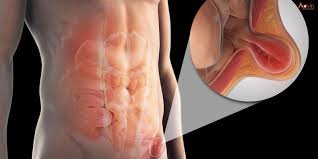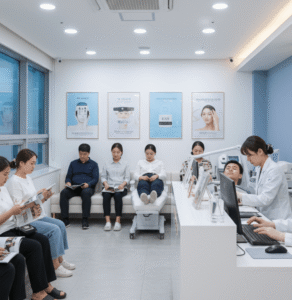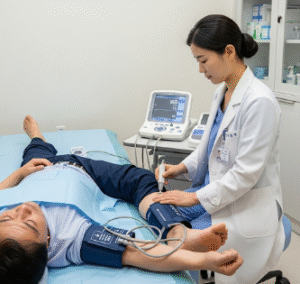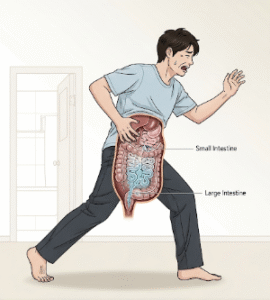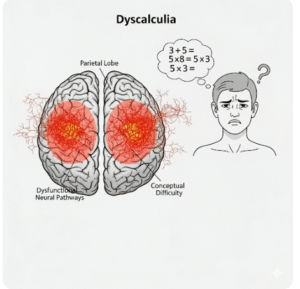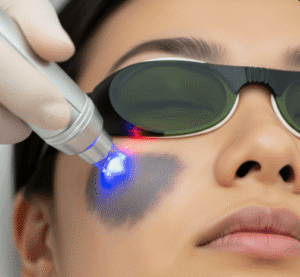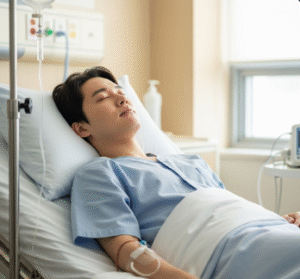Overview
A hernia occurs when an internal organ or tissue protrudes through a weak spot in the surrounding muscle or connective tissue. In Korea, hernias are a common surgical condition affecting both men and women, with minimally invasive laparoscopic procedures widely available in modern hospitals.
What is a Hernia?
A hernia is a condition where part of an organ, usually the intestine, pushes through a weakened area of the abdominal wall or diaphragm. Common types include inguinal, femoral, umbilical, and hiatal hernias. Hernias can affect adults and children and may be congenital or develop over time due to strain or weakened muscles.
Symptoms
- Bulge or lump in the affected area
- Pain or discomfort, especially when bending, coughing, or lifting
- Feeling of heaviness or pressure in the abdomen
- Burning or aching at the hernia site
- Nausea or vomiting (in cases of strangulated hernia)
Causes
- Weakness in the abdominal muscles present at birth
- Increased abdominal pressure from heavy lifting, obesity, or chronic coughing
- Aging and muscle degeneration
- Previous surgical incisions (incisional hernia)
Risk Factors
- Male gender (for inguinal hernias)
- Obesity or overweight
- Chronic constipation or straining during bowel movements
- Pregnancy
- Heavy lifting or physically demanding work
- Family history of hernias
Complications
- Incarceration: Hernia becomes trapped and cannot be pushed back
- Strangulation: Blood supply to the herniated tissue is cut off, causing tissue death
- Obstruction of the intestine
- Chronic pain and discomfort
Prevention
- Maintain a healthy weight
- Avoid heavy lifting or use proper lifting techniques
- Treat chronic cough and constipation promptly
- Strengthen abdominal muscles through exercise
- Seek early medical evaluation for any bulge or discomfort
Treatment Options in Korea
Hernias in Korea are treated effectively through surgical and non-surgical methods:
- Surgical repair:
- Open surgery: Traditional method to repair the hernia with mesh reinforcement
- Laparoscopic surgery: Minimally invasive procedure with faster recovery and less postoperative pain
- Emergency surgery:
- Required for strangulated or incarcerated hernias
- Postoperative care:
- Pain management, gradual return to physical activity, and monitoring for recurrence
- Specialized hospitals:
- Samsung Medical Center, Seoul National University Hospital, and Asan Medical Center offer advanced surgical care and minimally invasive options
- Lifestyle guidance:
- Avoid strenuous activity during recovery, maintain healthy weight, and follow medical instructions for post-surgery care
With timely diagnosis and treatment in Korea, most hernia patients experience full recovery with minimal complications.

